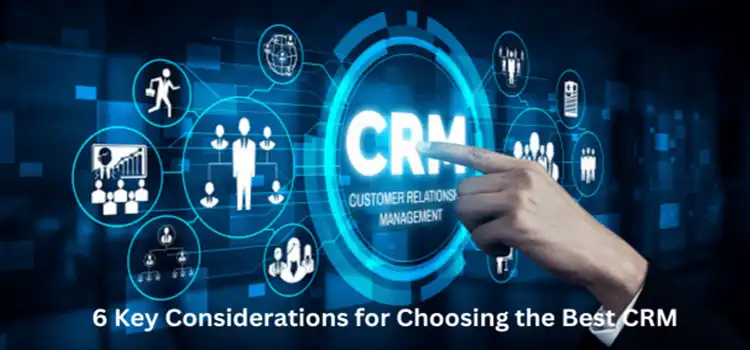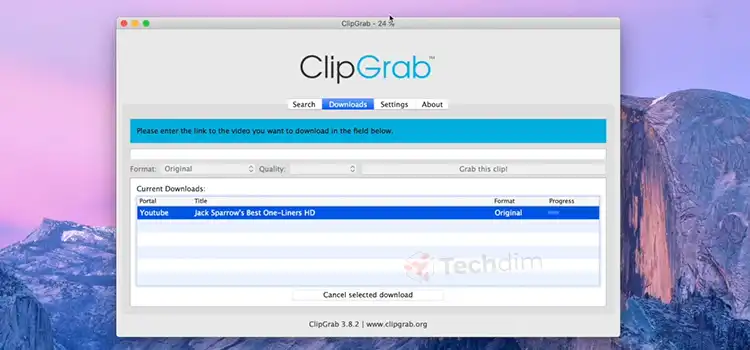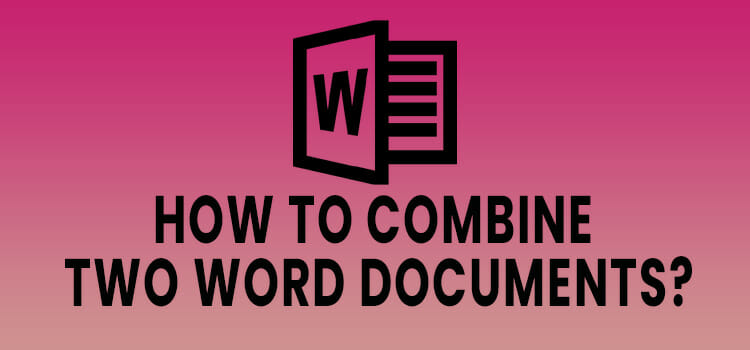6 Key Considerations For Choosing The Best CRM
Today, businesses manage their data and customer interactions in varied ways. But, with the many Customer Relationship Management (CRM) solutions available, how do you choose the best one for your business?
Amidst the thousands of simple CRM solutions, deciding which one will work best for your growing venture, sales team, marketing team, and customer service can take time.
Choosing the best CRM requires you to align the features of the software with your business needs and requirements. Therefore, based on your business’s nature, you should have a list of requirements. Most importantly, you must understand the struggles and challenges you anticipate solving with CRM solutions.
Our article delves deeper into the key considerations for choosing the best CRM. But first, why use reliable and easy CRM software for your business?

Why Do You Need Reliable and Easy CRM Software for Your Business?
Whether it’s a business start-up or a well-established venture, you will require a CRM solution at some point to help you achieve the following tasks:
- Interact with customers easily via phone, e-mail, or chat using the integrated CRM app
- Capture leads faster
- Manage all your leads in a central location
- Auto-populate lead information with their social media details
- Oversee leads through a visual pipeline
- Move leads quickly through the pipeline and close deals easily
- Optimize sales processes
- Forecast sales with analytics
What to Consider for Choosing the Best CRM
CRM solutions are built differently. And, due to the large number of CRM tools available on the market, you need to choose the one that best suits your business. So, how do you do that?
1. Set Clear Goals Before Finding the Right CRM Solution
Before finding the right CRM solution, you need to set well-defined business goals. Remember that different CRM solutions offer different results. Hence, you must understand the specific problems you want to solve with the CRM tool and what you want to accomplish.
Otherwise, you’ll fall into the hands of any CRM provider who claims their solutions will boost your conversion rates, shorten your sales cycle, improve your customer service, and help you find more qualified leads.
To set clear-cut goals, consider your significant sales challenge. Ask yourself the following questions;
- Is your sales team generating enough leads?
- Is your pipeline full of leads that mostly end up being unqualified?
- Are deals getting stuck in your pipeline due to a reluctant sales team?
- What are your business’s pain points?
- What affordable CRM software can address all these issues?
- What simple CRM tool best suits your customer service?
- Which simple CRM solutions best meet your client’s needs?
If you’re a business start-up, some of your business goals could be:
- To boost sales
- To enhance customer experience
- To attract and retain customers
- To track your sales productivity
If you’re a large company and your enterprise is already well-established in the marketplace, your business goals could be:
- To shorten long sales cycles
- To upsell more solutions that will increase deal sizes
- To retain existing customers
- To increase accuracy in your sales forecasts
- To increase the selling time for the sales team
Once you set clear goals, you can start evaluating different CRM solutions on the market.
2. Find an Easy-to-Use CRM Software
Today, the biggest challenge for most businesses is trying to adapt to CRM software features and functionalities. With changing expectations from different CRM tools, user adoption becomes difficult.
The numerous existing and upcoming CRM solutions on the market are complicated and hard to learn and use. Most businesses need extensive IT support for a complete setup. However, the best CRM software should be straightforward in its usage. This allows salespeople to adapt to the system almost effortlessly.
Therefore, finding a simple CRM software that’s easy to use can be the best bet for your business. Such an easy app matters most for small, medium, and large enterprises. Simple CRM systems will help your business grow smarter by saving time and selling more.
Besides, it’s an all-in-one solution that saves time and effort because you don’t have to sign in to multiple platforms to fulfill your sales tasks. Instead, you have all you need for your business to run conveniently in one location.
Remember, you want the most accessible CRM to use with your team to track contract dates, reminders, proposals, etc., and not a complex data entry system. That way, you can always keep your team engaged with result-oriented tasks like lead conversions and selling without making them busy with complicated data entries.
The all-in-one, simple CRM app allows you to access and manage your business details effectively from anywhere. You can do things like:
- Assigning tasks
- Updating details about all your leads
- Tracking progress
- Giving reminders
- Checking all your sales history
3 Prioritize User Experience
The best CRM will put together all the data you need concerning each customer contact on one easy-to-scroll page. It will remind you of what to do to convert each prospect into a customer.
With such CRM solutions, you can easily collect and use the appropriate customer data to improve customer relationships and sales. Therefore, it’s crucial to prioritize specific CRM software features and functionalities that will boost your business’s user experience.
Let’s say you’re a big venture with numerous customer-facing teams requiring CRM to conduct data coordination and customer engagement. In this case, you need enterprise-grade CRM solutions made to suit large companies. Such CRM solutions are built with many tabs and integrations.
So, if you’re a small venture, you might not need all those integrations. CRM solutions made for small and medium enterprises may take a different approach, where the user experience could be explicitly designed to increase sales effectiveness.
4. Consider a Customizable CRM System
Choosing a simple CRM system that fits your business’s unique needs is essential. It would help if you had a software solution that could handle all your sales processes seamlessly. This is only possible with a customized CRM system aligned to your sales and marketing processes.
With a customizable CRM app, you can easily handle concerns like:
- How you lay out business information
- Sales pipeline configuration
- Addition of new fields
- Creating automated reports
- Controlling who sees particular information
All these are crucial aspects of your CRM that also need seamless integration with your website and other essential business details. Nonetheless, it helps to know that you may pay more to find a customized CRM system that fits your business preferences.
5. Look for a Simple CRM App Fully Integrated With Your Phone Systems
With the application programming interfaces (APIs), you can fully integrate the CRM with your phone systems, accounting software, digital marketing tools, collaboration apps, and nearly every other compatible cloud solution.
These integrations enable you to sync your data and benefit from features like ‘click to call’ and automatic call logging. Hence, you can call contacts or leads directly from the CRM app and use the business phone system.
6. Go for a Scalable or Flexible CRM Solution
Every business needs the right CRM solution that it can grow with over time. Think about moments when you’ll need to either add to your workforce or shrink it and rely on software automation. Can the CRM system still benefit your venture amidst those changes?
Hence, it’s essential to ask yourself:
- Will the CRM solution serve my business as it grows?
- Will the CRM app meet my future sales goals or IT needs?
- Can I quickly add or remove users, or even add them again in the future as the business necessitates?
Even though your enterprise is small now, you undoubtedly plan to grow it over the months and years. Therefore, you need a scalable or flexible CRM solution.
Conclusion
The best CRM tool for your business will always integrate seamlessly with all the other systems you have in place. So, it helps to invest in the right CRM solution. Ensure you know which integrations you can best incorporate into the existing systems. Be sure to ask yourself:’ Does the CRM offer an open API that will allow the integration of any cloud solution you desire? Or are the integrations limiting?
Ultimately, the best CRM software will get your team on the right track. So, remember to set clear goals before you find the right solution. Also, consider easy-to-use CRM software and prioritize user experience, plus a customizable CRM system. But remember that you might pay more for a customized CRM that matches your business preferences.
Above all, ensure the CRM tool you select aligns with your business’s basic functionality. Usually, some solutions are designed specifically for individual industries or market segments.
So, if you get simple CRM software that serves all kinds of businesses, the better for you.
Frequently Asked Questions
1. Is the CRM easy to use?
Unfortunately, many CRM solutions on the market present a considerable challenge in terms of user adoption for businesses trying to embrace the technology. This is simply because user expectations for various CRMs keep changing. The best way to choose an easy-to-use CRM is to go for straightforward software that serves all kinds of businesses.
2. How do you identify a CRM that’s easy to use?
A CRM that’s easy to use should be quick to configure and one that talks your language and communicates the way you want. It should be easy for you to import and export any form of data without the need to contact consultants endlessly. The CRM must be flexible enough to sync with all your other sales processes.
3. Is the CRM affordable?
According to a Forrester report, 69% of small and medium businesses are unhappy with their CRMs, citing the software as expensive upfront, hence presenting it as a significant challenge.
While CRM software investment for your business could be expensive, you can avoid this by calculating the long-term costs and analyzing the benefits of the CRM investment. Ultimately, go for a simple CRM software that meets your business needs.
Subscribe to our newsletter
& plug into
the world of technology





